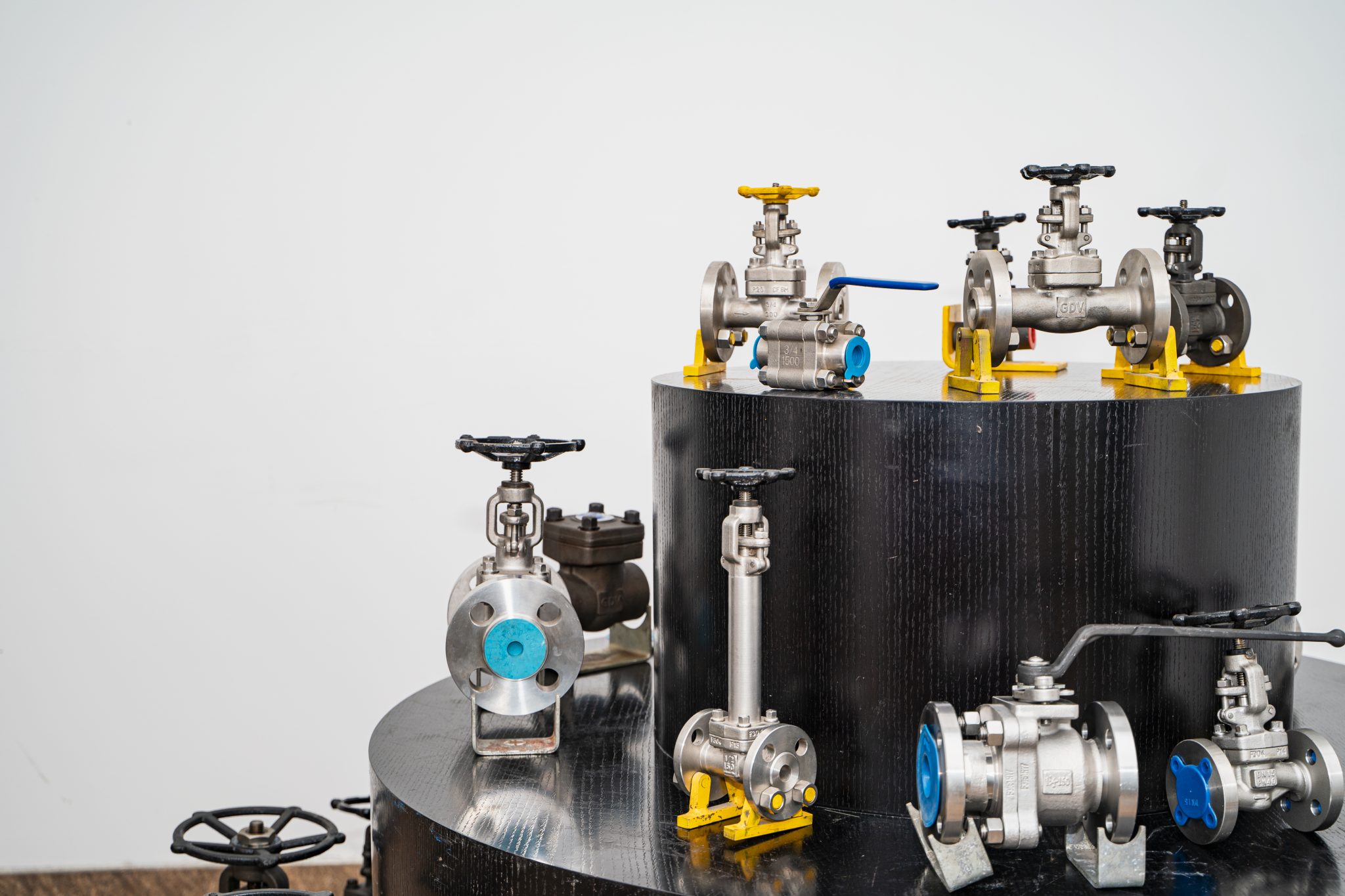Forged steel valve manufacturing involves shaping metals and alloys while they remain solid. This allows manufacturers to craft unique shapes and sizes not possible with other methods of production.
Forging is a popular option among businesses searching for valves with superior strength, durability, and reliability. Furthermore, forged valves tend to experience less thermal fatigue and stress corrosion cracking.
- Durability
Forged material offers another advantage over valve castings by being machined to meet specific design conditions using intermediate ratings, offering asset owners and end users an economical alternative to valve castings.
Forged steel is an extremely resilient material that stands up well against corrosion and oxidation, providing reliable performance across a range of operating temperatures and steam working pressures. It’s an ideal choice for environments with strong acids or alkalis, making forged steel an excellent option for valve applications handling liquid or gaseous fluids.
- Reliability
No matter if they are used for commercial, industrial, or domestic applications, valves must meet the highest quality standards to ensure safety, leak-proofness, functionality, and longevity.
Forging is an increasingly popular process used to produce strong and durable steel valves. Forging allows for an improved build process with uniform structures, superior strength over casting methods, and no waste due to welding requirements.
- Resilient
Forged steel valves offer strong and reliable solutions to applications requiring strong and long-term durability. Furthermore, they’re resistant to corrosion while being capable of withstanding high pressures and temperatures without cracking under pressure.
Due to the immense pressure exerted during forging, forged valves are more robust and long-lasting, eliminating internal holes or voids altogether. Due to their thin walls, forging steel valves are less prone to thermal fatigue, making them ideal for power stations that regularly switch between start-up and stage mode.
- Improved Performance
Forged steel valves have a tight and leak-free seal, which means that they can handle high-pressure and high-temperature applications. They also have a longer lifespan than other types of valves, reducing downtime and maintenance costs.
- Customization
Forged steel valves can be customized to meet specific requirements. The forging process allows for precise shaping and sizing, allowing manufacturers to create valves that are tailored to meet the needs of specific applications. This means that customers can get the exact valve they need for their system, which can improve performance and efficiency.
- Cost-Effective
While the upfront cost of forged steel valves may be higher than other types of valves, they offer long-term cost savings. The strength and durability of forged steel valves mean that they require less maintenance and have a longer lifespan, reducing the need for frequent replacements.
- Environmentally-Friendly
Forged steel valves are environmentally friendly because they have a longer lifespan, which means fewer valves need to be replaced. They are also recyclable, which means that they can be melted down and used to make new products.
The manufacturing of forged steel valves offers many benefits to various industries. Their strength, durability, improved performance, customization, cost-effectiveness, and environmental benefits make them an excellent choice for a wide range of applications. As technology advances, the manufacturing process for forged steel valves will continue to improve, resulting in even better products that can withstand even harsher conditions.

